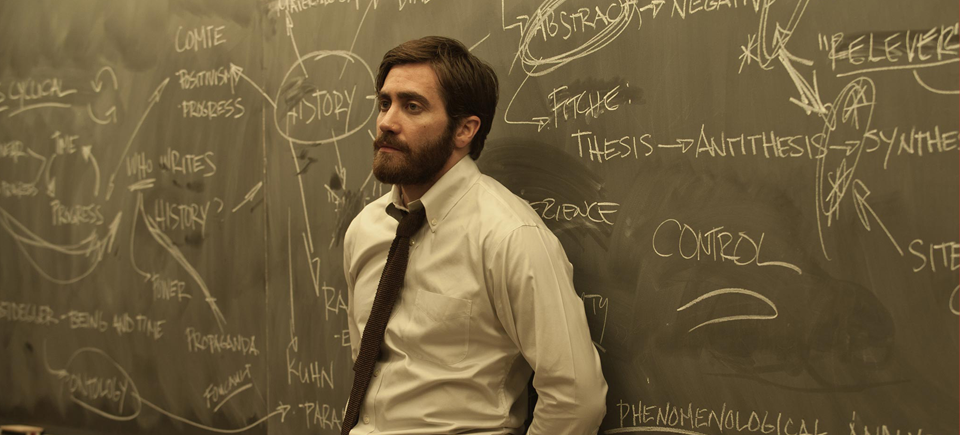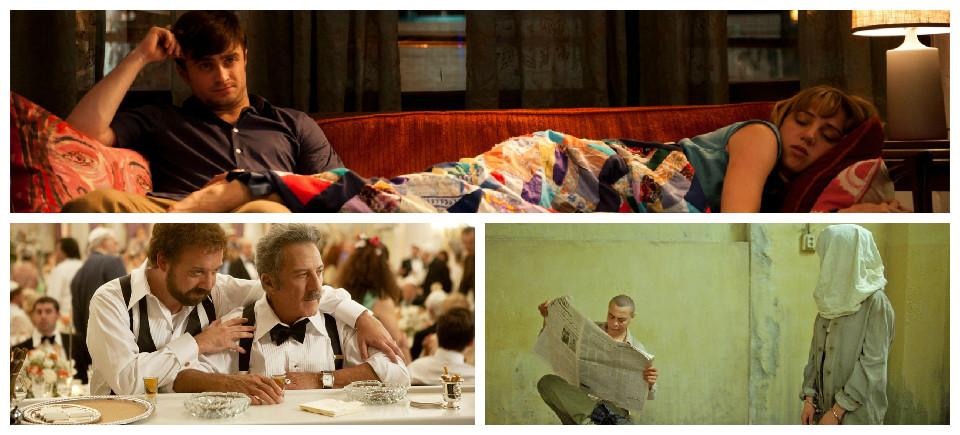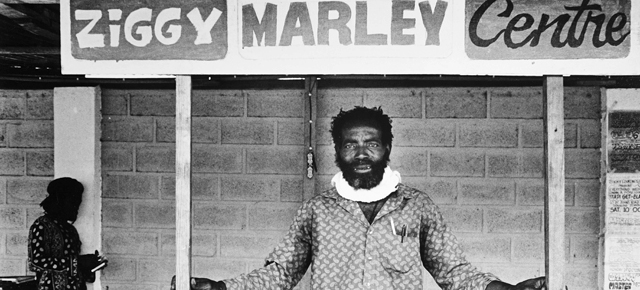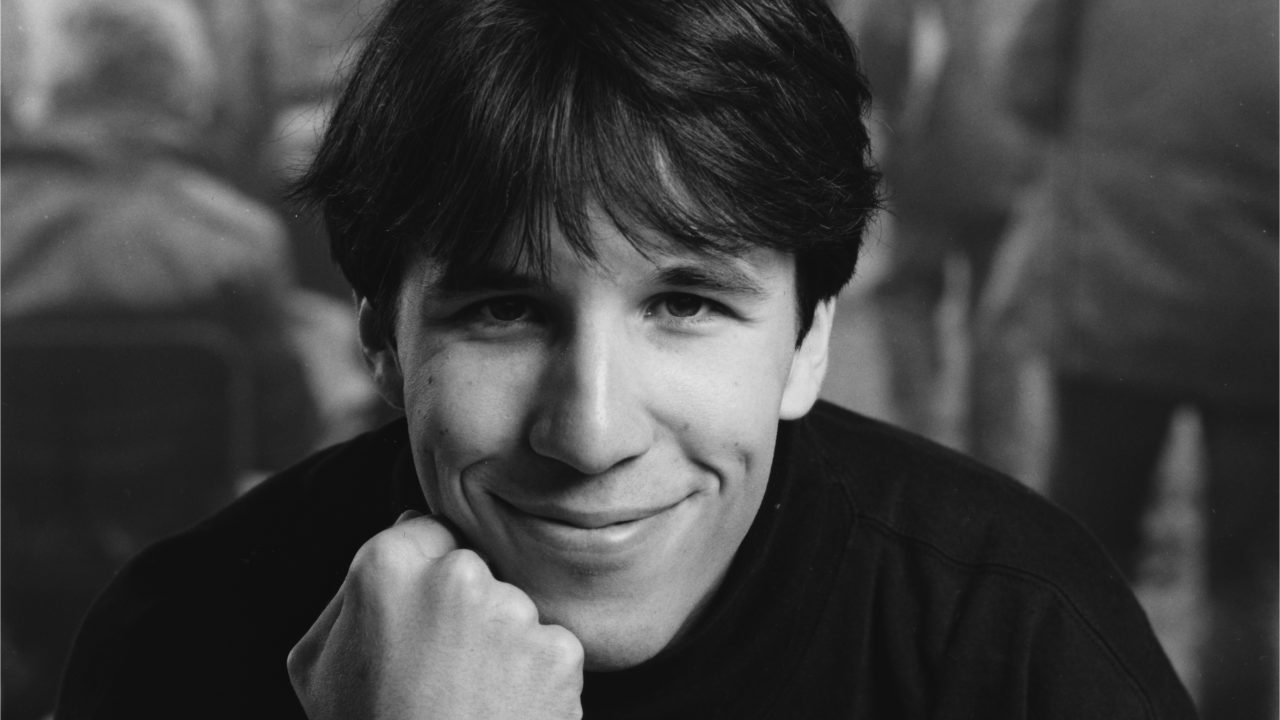
#MyNFB : REW-FFWD, a glimpse of Denis Villeneuve’s early work
#MyNFB : REW-FFWD, a glimpse of Denis Villeneuve’s early work
About midway through Denis Villeneuve’s short film REW-FFWD, a science-fiction/documentary hybrid that centres on a photographer’s journey to Jamaica, a voice-over says, “This human hell is a paradise for photography.” Suddenly, I was forced to rethink the film, and decided it was more clever than I’d initially thought.
Released in 1994, Villeneuve’s short immediately jumped out at me from the titles in the NFB’s collection, as it offers a glimpse of the successful director’s early work. It’s a film that plays with familiar themes for Villeneuve, questioning the reality presented by our own minds and the complexities of memory.
Moreover, it tackles the issue of documentary “poverty porn,” the controversial practice of exoticizing or objectifying the poor for the self-righteous privileged class of viewers.
As the story’s told through the narrator’s black box (a physical stand-in for his mind), we rewind and fast-forward through his memories of the Jamaican trip, beginning with his fear and nervousness and eventually transitioning as he begins to see the citizens as people worth listening to.
These characters philosophize about music, family dynamics, Africa, and Jamaican culture, and Villeneuve amateurishly switches between straightforward documentation and his sci-fi narrative device.
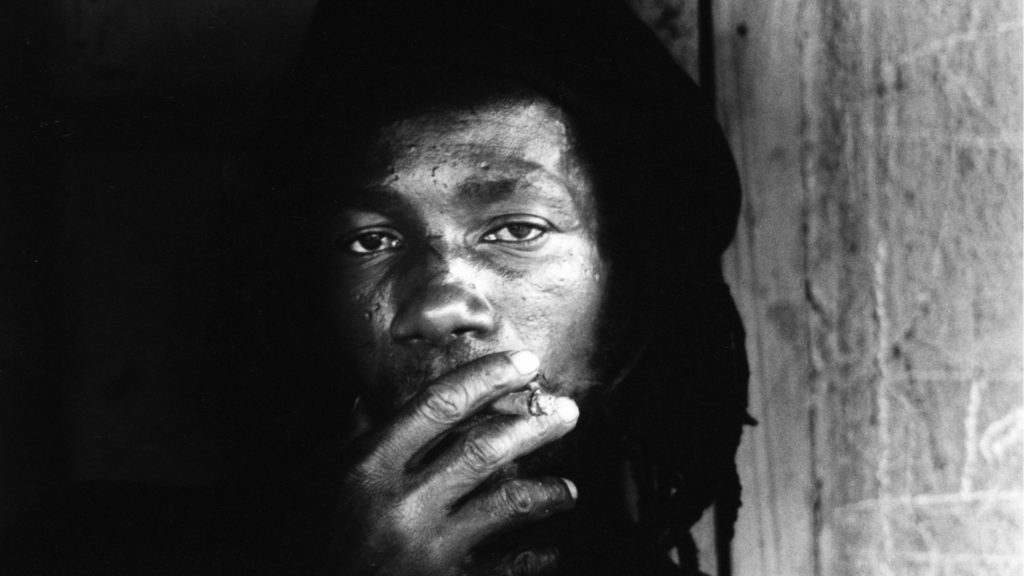
Clearly influenced by the work of Chris Marker, and La Jetée in particular, this clash of storytelling is confusing and never entirely works. If anything, the framing device seems unnecessary, as though Villeneuve thought it was needed to make his footage more compelling by infusing it with genre.
That said, once he shows his hand with the self-aware quote about this hell being perfect for photographers, it becomes clearer that Villeneuve is interested in questioning the tropes of documentary filmmaking and the dangers of poverty porn.
“Stop Your Cinema!” implores a title card at the end of the film, suggesting that Villeneuve is frustrated with the industry’s surface-level understanding of marginalized communities.
As such, he’s designed his film to begin with a protagonist that falls under that same objectifying umbrella, but allows him to discover how narrow his perspective is (he says, “I have to learn how to unlearn.”).
What shines brightest here is the humanity and specificity of the Jamaican people documented in the film, and Villeneuve seems to understand that. And yet his choice to frame the story within a convoluted memory puzzle is misguided, one which threatens to strip away the power of his ideas. They are separate ideas that are never synthesized.
Thankfully, though, Villeneuve is able to avoid getting in his own way just long enough to make an effectively stirring, challenging film that bears the promise of what he would later achieve.
By Jake Pitre
Watch REW-FFWD :
REW-FFWD, Denis Villeneuve, provided by the National Film Board of Canada

